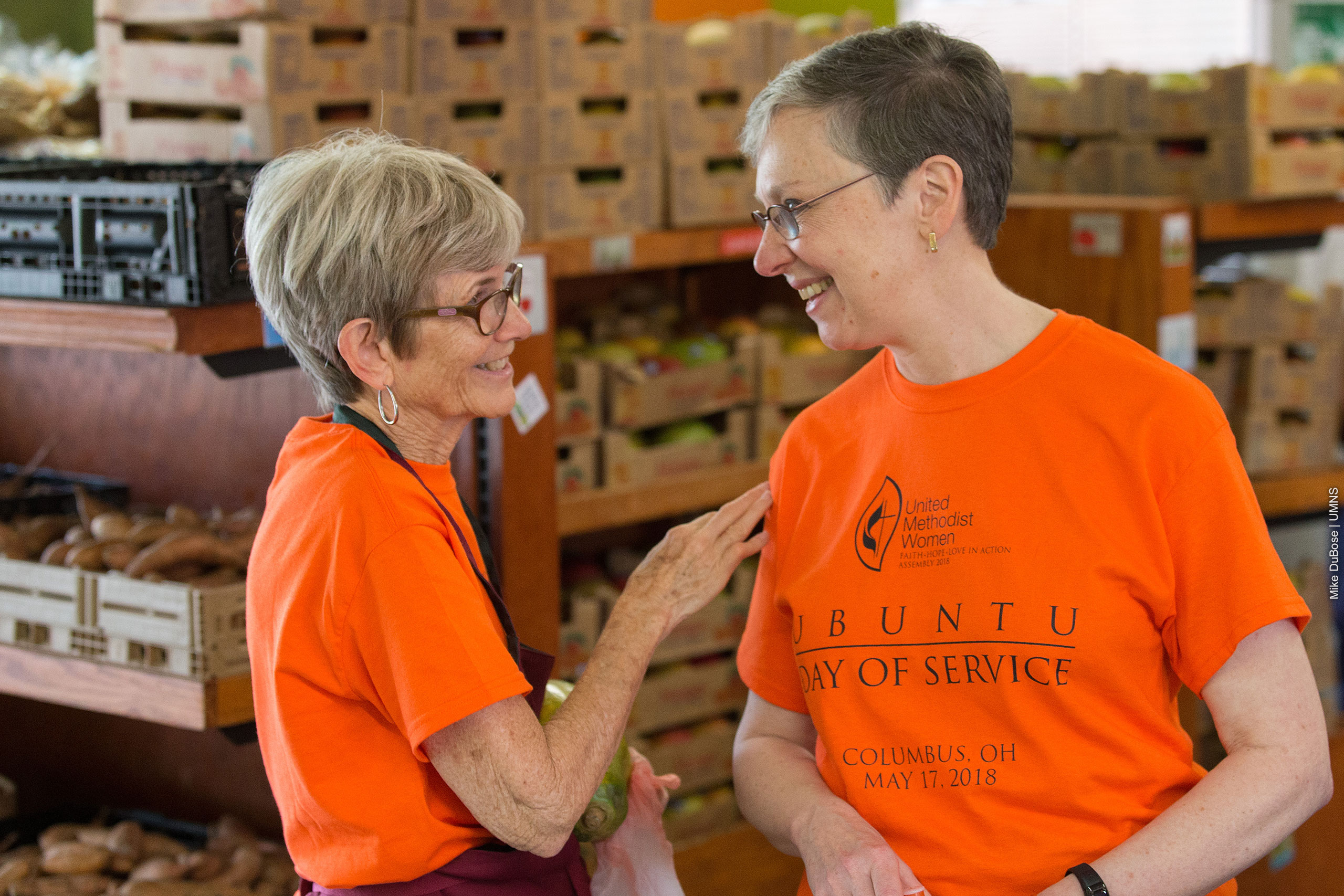
Latest News
Nov./Dec. response: Responsively Yours
A Time for New Traditions
by Harriett Jane Olson
For many of us, Advent and Christmas are full of traditions. We have traditions about decorations, holiday visits, Christmas carols and songs, who hosts the celebrations, the time of the Christmas Eve service and more. It’s lovely for those who share the traditions and natural enough for a holiday that is so profoundly meaningful to be surrounded in meaning. But it’s also odd, in a way. After all, the time of waiting for Jesus’ birth—with angel visits and unexpected pregnancies—was anything but traditional. The celebrations of the angelic host and the birth itself broke down boundaries and brought shepherds into town and followers of another religion to the Holy Family.
In fact, if you think about it, Christmas would be a great time to regularly innovate within our traditions: learn new songs and hymns that help us experience familiar truths in new ways; include new foods along with traditional foods, especially those catering to the different needs and preferences of younger generations; continue to rethink our celebrations as COVID remains a factor in gathering safely. In an era in which in-person worship attendance has been slow to recover, it seems fairly likely that we will need to work harder to connect to folks who are in search of spiritual nurture but for whom the traditional patterns are not compelling.
Of course, the reality is that families create and adapt and change their traditions very regularly. As people marry, children are born, families move and we all age, the traditions change. Sometimes we do it consciously, thoughtfully, and sometimes we do it in reaction to some sort of pressure.
Advent, Christmas and New Year’s Eve can be tender and warm times, but they can also be hard times if we are isolated or missing loved ones. This year, in response to all that is going on in The United Methodist Church, congregations that have held votes regarding disaffiliation are experiencing new kinds of relationship rupture. Some members in congregations are dealing with pain and surprise as they experience people with whom they have worshiped and fellowshipped voting differently than expected. This will be a different Christmas season for some churches.
Traditions are part of our celebrations and observances as United Women in Faith too. Some will change due to circumstances out of our control. But wouldn’t this be a great season to intentionally create some new traditions, to stand alongside and enrich those we love? Wouldn’t this be a great season to embrace change as an act of hope and faith? What about creating new observances of Advent or for the New Year? What about reaching out to those who are suddenly isolated and forming a new tradition together? This is a bit different than saying: come join us, we have a good thing going. Imagine working with a group of people who don’t regularly gather to create something new.
After all, the point of Jesus’ life, death and resurrection was to make all things new, to break down barriers between God and humanity, between people in the community, and to offer relationship, bread, healing, forgiveness and wholeness. That’s an awful lot for any set of traditions to hold, no matter how beloved, and the work of building new community and new traditions might just help us to understand Jesus’ own life and work in a new way, in a way that warms our hearts—and that’s a Wesleyan tradition that’s worth repeating!
Harriett Jane Olson
General Secretary
United Women in Faith
holson@uwfaith.org

